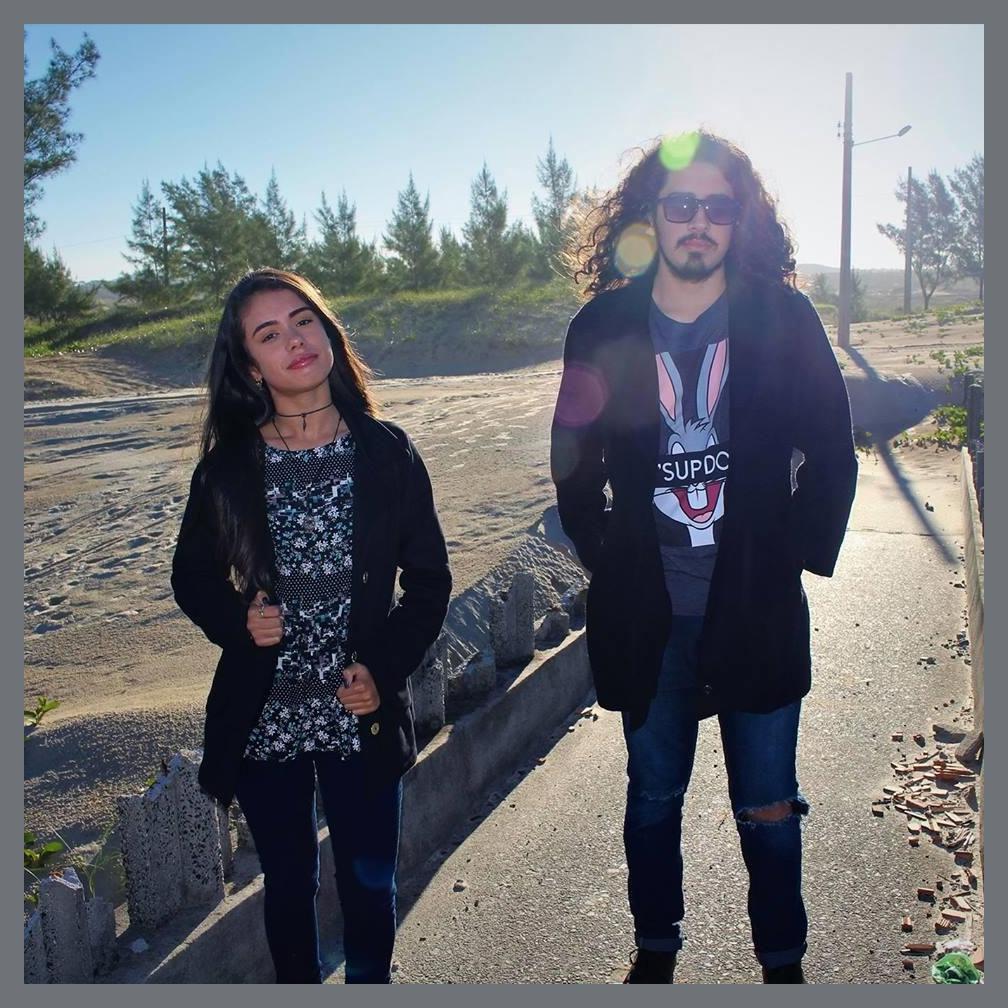 Caô
Caô
Caô: Unraveling the Dysfunctional Harmony
Amidst the vibrant tapestry of Brazilian music, Caô stands as an enigmatic ensemble known for their raucous lyrics and confrontational stance. Their iconic anthem, "Dissgoverno (São Os Poste Mijando Nos Cachorro)," has sparked both admiration and controversy, leaving an indelible mark on the country's cultural landscape.
Origins and Early Struggles:
Caô was forged in the crucible of 1990s São Paulo, a metropolis grappling with social inequality and political turmoil. Led by the charismatic vocalist and songwriter, Renato Russo, the band emerged as a voice for the disenfranchised, expressing their frustrations and aspirations through their raw and uncompromising sound.
However, their path was fraught with challenges. Russo's struggles with drug addiction and depression cast a long shadow over the band's trajectory, leading to periods of instability and internal conflict. Despite these trials, Caô persevered, driven by a deep-seated belief in the transformative power of music.
Discography and Signature Sound:
Caô's discography is a testament to their eclectic and experimental approach. Their albums range from the raw energy of "Legião Urbana" (1985) to the hauntingly introspective "Dois" (1991). Their signature sound blends elements of punk, rock, and Brazilian popular music, creating a unique and unforgettable listening experience.
Controversies and Cultural Impact:
Caô's music has consistently stirred controversy, challenging societal norms and exposing the underbelly of Brazilian politics. Their lyrics, laced with biting satire and sharp social commentary, have drawn the ire of conservative critics and sparked heated debates.
"Dissgoverno" itself is a scathing indictment of government corruption and inequality. The song's title literally translates to "Bad Government (It's the Poles Pissing on the Dogs)," a metaphor for the disregard shown by politicians towards the marginalized members of society.
Members and Legacy:
Caô has undergone several lineup changes over the years, with Russo remaining the constant driving force until his untimely passing in 1996. Other prominent members include Dado Villa-Lobos (guitar), Marcelo Bonfá (drums), and Renato Rocha (bass).
Despite their tumultuous journey, Caô's legacy continues to reverberate in Brazilian culture. Their music has inspired a generation of artists and activists, and their songs remain anthems for the disenchanted and the oppressed. Caô's unwavering commitment to artistic freedom and social justice has ensured their enduring relevance as a beacon of rebellion and a voice for the voiceless.
Amidst the vibrant tapestry of Brazilian music, Caô stands as an enigmatic ensemble known for their raucous lyrics and confrontational stance. Their iconic anthem, "Dissgoverno (São Os Poste Mijando Nos Cachorro)," has sparked both admiration and controversy, leaving an indelible mark on the country's cultural landscape.
Origins and Early Struggles:
Caô was forged in the crucible of 1990s São Paulo, a metropolis grappling with social inequality and political turmoil. Led by the charismatic vocalist and songwriter, Renato Russo, the band emerged as a voice for the disenfranchised, expressing their frustrations and aspirations through their raw and uncompromising sound.
However, their path was fraught with challenges. Russo's struggles with drug addiction and depression cast a long shadow over the band's trajectory, leading to periods of instability and internal conflict. Despite these trials, Caô persevered, driven by a deep-seated belief in the transformative power of music.
Discography and Signature Sound:
Caô's discography is a testament to their eclectic and experimental approach. Their albums range from the raw energy of "Legião Urbana" (1985) to the hauntingly introspective "Dois" (1991). Their signature sound blends elements of punk, rock, and Brazilian popular music, creating a unique and unforgettable listening experience.
Controversies and Cultural Impact:
Caô's music has consistently stirred controversy, challenging societal norms and exposing the underbelly of Brazilian politics. Their lyrics, laced with biting satire and sharp social commentary, have drawn the ire of conservative critics and sparked heated debates.
"Dissgoverno" itself is a scathing indictment of government corruption and inequality. The song's title literally translates to "Bad Government (It's the Poles Pissing on the Dogs)," a metaphor for the disregard shown by politicians towards the marginalized members of society.
Members and Legacy:
Caô has undergone several lineup changes over the years, with Russo remaining the constant driving force until his untimely passing in 1996. Other prominent members include Dado Villa-Lobos (guitar), Marcelo Bonfá (drums), and Renato Rocha (bass).
Despite their tumultuous journey, Caô's legacy continues to reverberate in Brazilian culture. Their music has inspired a generation of artists and activists, and their songs remain anthems for the disenchanted and the oppressed. Caô's unwavering commitment to artistic freedom and social justice has ensured their enduring relevance as a beacon of rebellion and a voice for the voiceless.